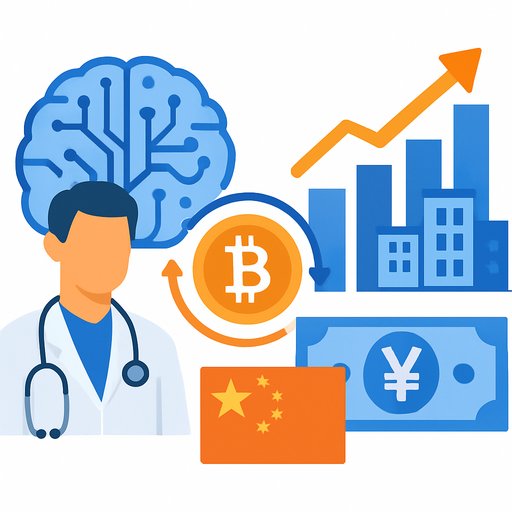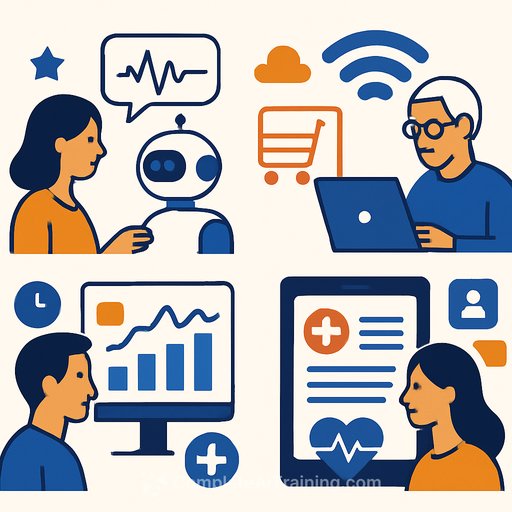AI in the Pharmaceutical Industry: Balancing Trust, Progress, and Privacy
Artificial intelligence is making significant advances in the pharmaceutical sector. From speeding up drug development to better matching patients with clinical trials, AI offers clear benefits. Yet, consumer trust in this technology hasn’t kept pace with its progress. Surveys show that many Americans feel uneasy about healthcare providers relying on AI, and concerns about patient data security remain strong.
The core issue isn’t innovation—it’s that AI is moving faster than the frameworks protecting patient privacy can adapt. This gap presents a real challenge for pharmaceutical companies. The focus now must be on transparent handling of patient data and consent throughout every stage, not just on how well the AI performs.
How to Balance Trust, Progress, and Privacy
Pharma companies want to innovate quickly, while patients want control over their personal information. Both goals are achievable, but only if privacy is integrated into system design from the start—not added later as a compliance afterthought.
Data streams into pharmaceutical systems from many sources: mobile apps, trial portals, insurance platforms, and patient communications. Managing consent across this complex ecosystem requires infrastructure that keeps pace with changing regulations worldwide. Without it, companies expose themselves and their patients to unnecessary risks. Once trust breaks down, rebuilding it is a tough, long road—especially in healthcare, where patient participation and outcomes depend on it.
Consider decentralized clinical trials. These rely heavily on AI-powered devices like wearables and remote monitoring tools, which often transmit data outside traditional HIPAA protections. The same applies to direct-to-consumer health apps, which frequently handle data across multiple platforms with inconsistent privacy standards. Despite this, many people mistakenly believe these tools are covered by HIPAA, leaving them unaware that their data might be sold to third parties.
Privacy Beyond Legality
Protecting sensitive patient data in AI systems isn’t just about meeting legal requirements or supporting security teams. It should be treated as a competitive edge that builds patient loyalty and allows companies to operate flexibly across markets.
Privacy influences how patients interact with healthcare organizations. Ignoring it exposes companies to significant risks that can undermine their business. The lesson is clear: AI’s impact on pharmaceutical care depends on privacy keeping pace with technology.
Privacy must become a core business function, not a legal afterthought. This means maintaining open and transparent communication with patients and stakeholders. When patients trust that their data is safe in the AI era, participation improves, data sharing becomes more effective, and feedback loops between patients and products strengthen.
Pharmaceutical leaders in the AI era won’t be those who move the fastest, but those who earn and maintain trust. Managing privacy effectively will separate the companies that thrive from those that fall behind, making it one of the industry’s biggest challenges.
Your membership also unlocks:






